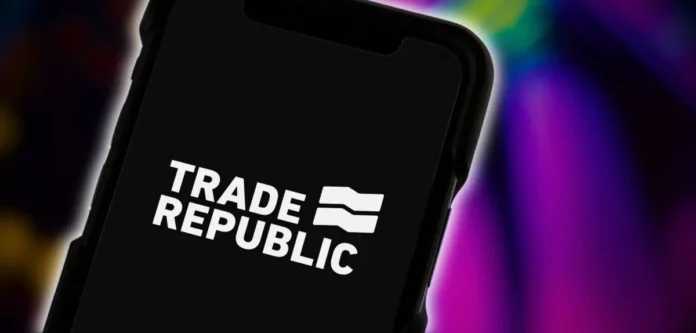TL;DR: Trade Republic now lets retail investors put as little as €1 into private-markets funds from Apollo and EQT, with monthly sell options on an internal marketplace and a 1% launch bonus. Great headline—but mind the fees, lockups, and tax wrinkles.
What’s new?
- Trade Republic is moving from pure brokerage toward wealth management, launching “Private Markets” with fractional investing from €1 and monthly liquidity via its own marketplace. Typical private funds require €10,000+ and allow redemptions quarterly at best. (press release; extraETF coverage)
- Partners at launch: Apollo (Private Markets ELTIF) and EQT (Nexus ELTIF). Trade Republic says this broadens diversification into the 88% of the economy that’s private. (press release)
The sweeteners
- 1% bonus on every Private Markets investment made in the first 30 days post-launch, no cap. Heads-up: according to one analysis, the bonus can be clawed back if you sell within 24 months. (press release; Broker-Test write-up)
The fine print you shouldn’t skip
- Fees: Independent estimates peg ongoing costs around 2.35% p.a. (EQT) to 2.8% p.a. (Apollo), plus a performance fee on Apollo (listed as ~1.71% on gains in the analysis), leading to effective cost drags up to ~4.5% p.a. in sample scenarios. (Broker-Test analysis)
- Liquidity: Trade Republic advertises monthly sell options via its internal marketplace, but fund-level redemptions remain typically quarterly and may be limited. Don’t assume you can exit at NAV any day. (press release; Broker-Test analysis)
- Structure (ELTIF): These products are ELTIFs—EU long-term funds designed to open private assets to non-professionals, but they come with multi-year horizons and limited liquidity. If you’re new to ELTIFs, start here: justETF explainer.
- Taxes (esp. Austria): One Austrian review flags that these may be Nicht-Meldefonds, implying flat-rate taxationunless you do a complex self-report. Check your country’s rules. (Broker-Test analysis)
Why this matters (and to whom)
- For hands-on retail investors, this is real access to private equity/credit from a mainstream app—no €10k cheques, €1 entry, and a familiar interface. (extraETF; press release)
- For long-term allocators, it’s a potential diversifier—but private markets still behave differently from ETFs: they’re pricier, less transparent, and less liquid. ELTIFs are meant for multi-year money, not rainy-day funds.
A simple decision framework
- Time horizon: If you can’t lock money for 5+ years, pass. (Broker-Test analysis)
- Costs tolerance: Add up the all-in drag; if that breaks your expected returns, the story ends here.
- Liquidity needs: Treat monthly marketplace sells as best effort, not a guarantee of rapid, full-value exit.
- Taxes: Verify your local ELTIF tax treatment before funding.
- Sizing: Consider a small satellite allocation alongside core ETFs/stocks—exactly what Trade Republic itself suggests as it pivots beyond simple savings plans. (extraETF)




